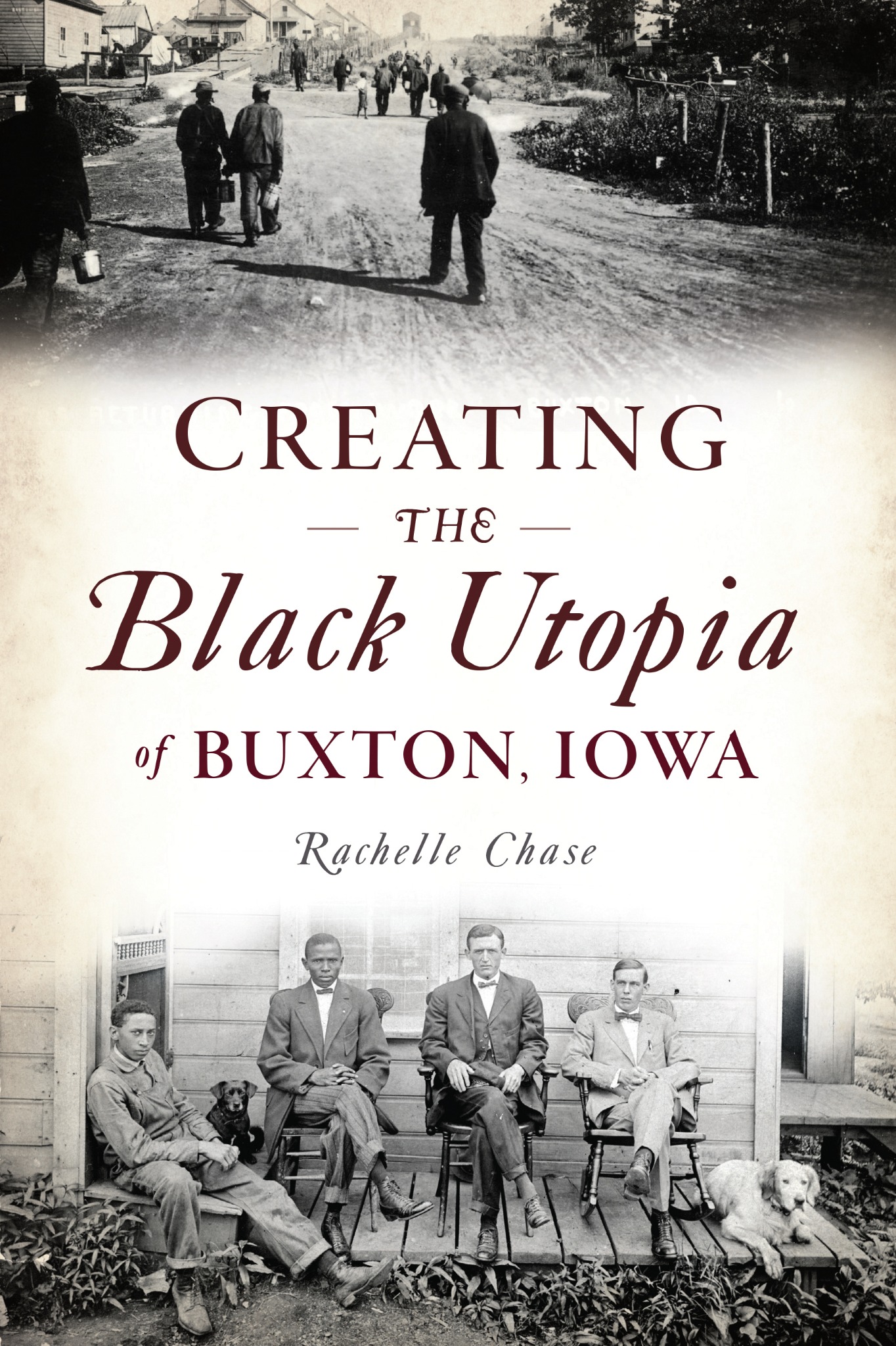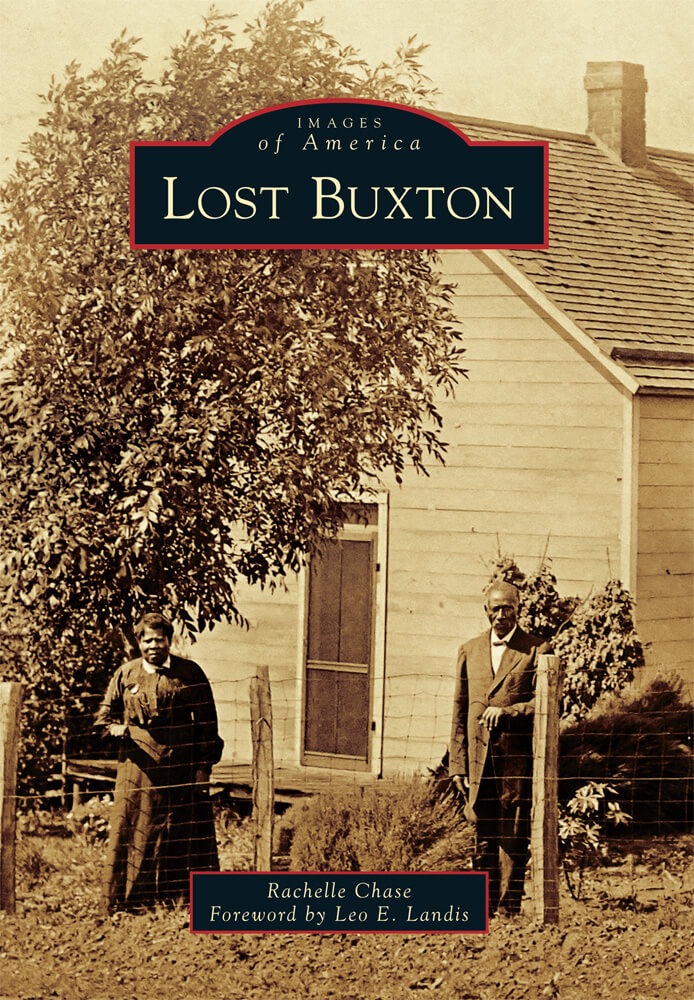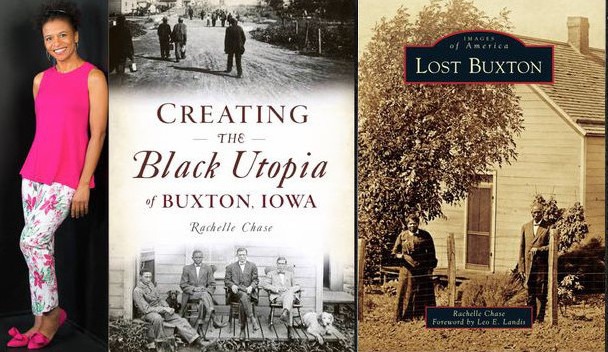My Books
The Time I Was Susan Clark
The Time I Was Susan Clark is a middle grade historical fiction book (release date: coming soon!), in which Tasha Clark travels back to 1867 as Susan Clark to show young readers life in 1867 and how Susie Clark made history.
HISTORICAL BACKGROUND: In 1867, twelve-year old Susan Clark was denied admission to the neighborhood public school because she was Black. Her father, businessman Alexander Clark, filed a lawsuit against the Muscatine, Iowa, school district on her behalf. The Clarks won their lawsuit, but it was appealed by the school board and went to the Iowa Supreme Court. Again, they prevailed, and in the fall of 1868, Susan attended the public high school and became the first Black public school graduate in Iowa in 1871. The Clark court case is referenced in the legendary U.S. Supreme Court case, Brown v. The Board of Education, which ruled segregating public schools based on race was unconstitutional.
Latest Releases

Some have called Buxton a Black Utopia. In the town of five thousand residents, established in 1900, African Americans and Caucasians lived, worked and attended school together. It was a thriving one-of-a-kind coal mining town created by the Consolidation Coal Company.
This inclusive approach provided opportunity for its residents. Dr. E.A. Carter was the first African American to get a medical degree from the University of Iowa in 1907. He returned to Buxton and was hired by the coal company, where he treated both black and white patients. Attorney George Woodson ran for file clerk in the Iowa Senate for the Republican Party in 1898, losing to a white man by one vote.
Author Rachelle Chase details the amazing events that created this unique community and what made it disappear.

Through vintage photos and quotes by former residents and newspaper articles, LOST BUXTON tells the story of Buxton, Iowa, an unincorporated coal mining town established by Consolidation Coal Company in 1900.
At a time when Jim Crow laws and segregation kept blacks and whites separated throughout the nation, Buxton was integrated. African American and Caucasian residents lived, worked, and went to school side by side. The company provided miners with equal housing and equal pay, regardless of race, and offered opportunities for African Americans beyond mining. Professional African Americans included a bank cashier, justices of the peace, constables, doctors, attorneys, store clerks, and teachers. Businesses such as meat markets, drugstores, a bakery, a music store, hotels, millinery shops, saloons, and restaurants were owned by African Americans.


